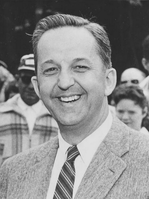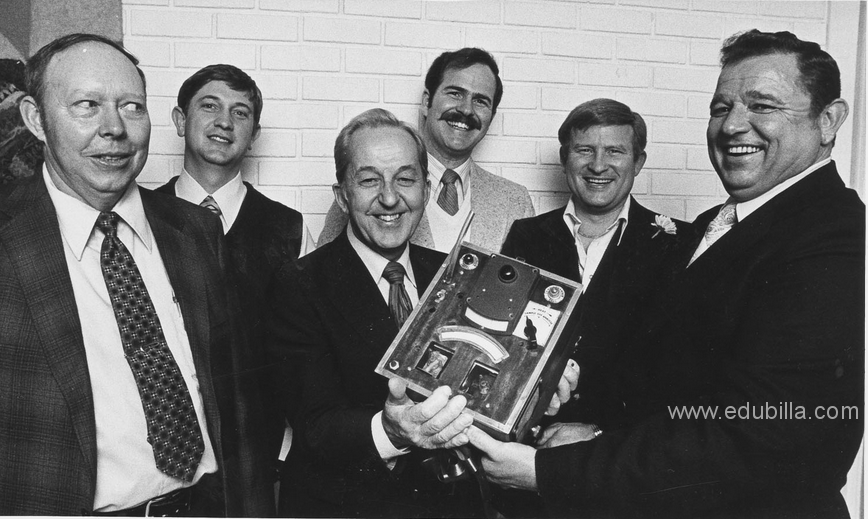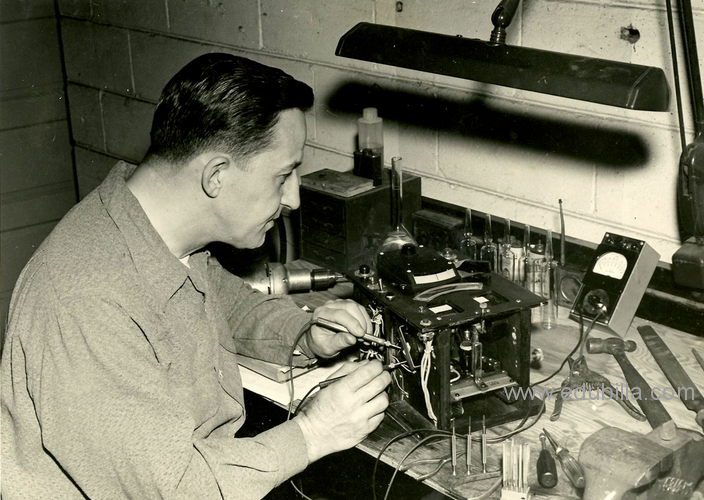










Robert Borkenstein,(born Aug. 31, 1912, Fort Wayne, Ind.—died Aug. 10, 2002, Bloomington, Ind.), American inventor who , patented the Breathalyzer, the groundbreaking device used for decades by police to determine a driver’s level of intoxication. In the 1960s Borkenstein led a research project that recommended a blood alcohol level of .08 as the level at which driving was impaired, a standard that was rapidly adopted.
In 1954 Robert Frank Borkenstein (1912–2002), a captain with the Indiana State Police and later a professor at Indiana University Bloomington. His Breathalyzer used chemical oxidation and photometry to determine alcohol concentrations. Subsequent breath analyzers have converted primarily to infrared spectroscopy. The invention of the Breathalyzer provided law enforcement with a non-invasive test providing immediate results to determine an individual's breath alcohol concentration at the time of testing.
In 1967 in Britain, Tom Parry Jones developed and marketed the first electronic breathalyser. He established Lion Laboratories in Cardiff with his colleague, electrical engineer Bill Dulcie.The Road Safety Act 1967 introduced the first legally enforceable maximum blood alcohol level for drivers in the UK, above which it became an offence to be in charge of a motor vehicle; and introduced the roadside breathalyser, made available to police forces across the country.In 1979, Lion Laboratories' version of the breathalyser, known as the Alcolyser and incorporating crystal-filled tubes that changed colour above a certain level of alcohol in the breath, was approved for police use. Lion Laboratories won the Queen's Award for Technological Achievement for the product in 1980, and it began to be marketed worldwide.The Alcolyser was superseded by the Lion Intoximeter 3000 in 1983, and later by the Lion Alcolmeter and Lion Intoxilyser.These later models used a fuel cell alcohol sensor rather than crystals, providing a more reliable curbside test and removing the need for blood or urine samples to be taken at a police station. In 1991, Lion Laboratories was sold to the American company MPD, Inc.

